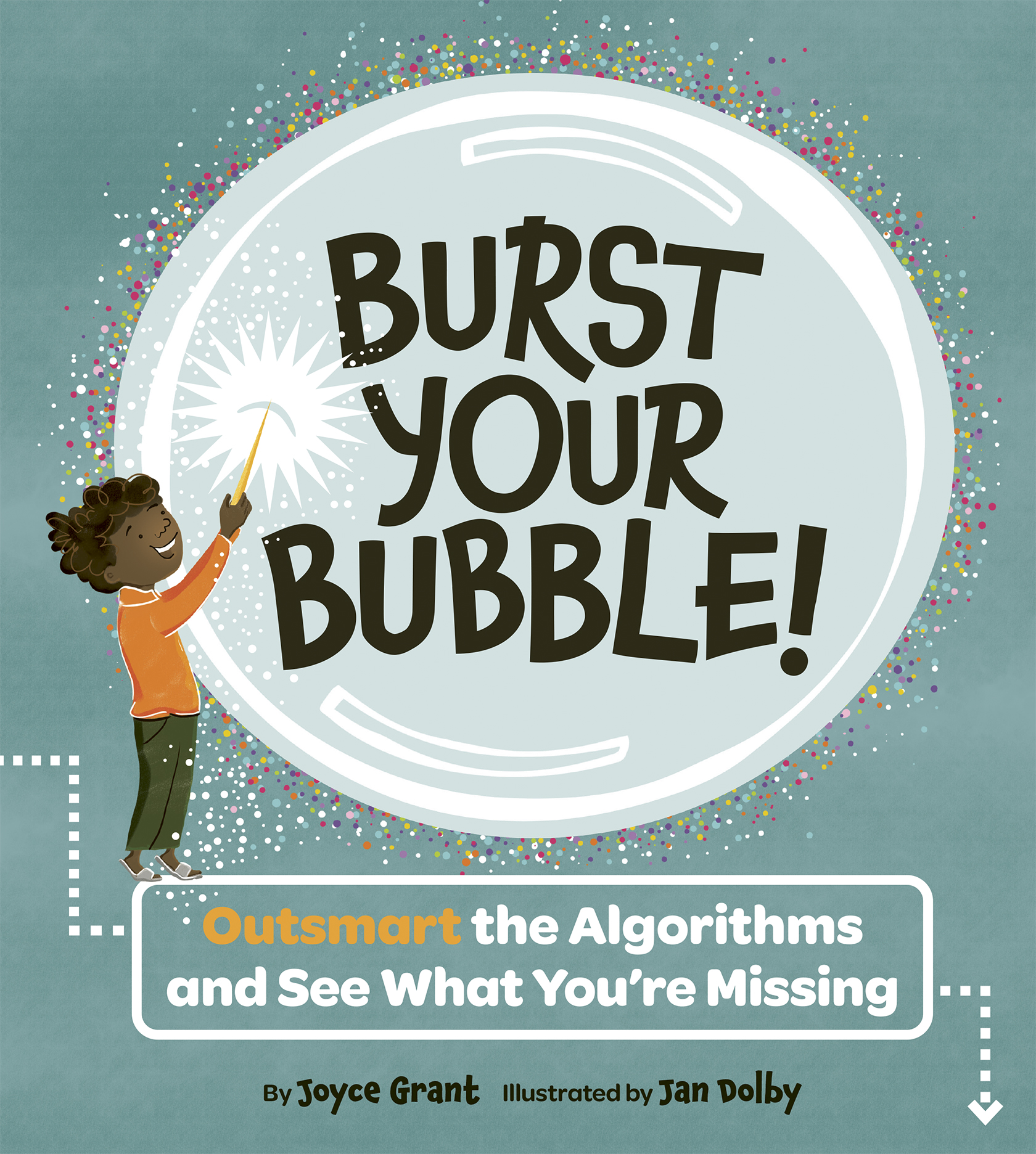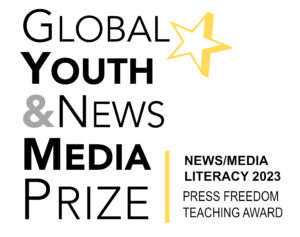
A new study on plastic waste has named Coca-Cola, PepsiCo, Nestlé and Danone as the biggest sources of plastic pollution in the world.
An environmental group called Break Free From Plastic did the study. They looked at 84 countries to see where their plastic garbage came from.
Between 2018 and 2022, more than 100,000 volunteers collected plastic waste from beaches, parks, rivers, and other sites. They gathered more than 1.8 million pieces of plastic garbage. Much of the waste was single-use food and beverage containers. In other words, cups, glasses and containers that only get used once and then thrown in the garbage.
Then researchers examined every piece, looking for logos and information that would identify what companies had created or sold the plastic items.
They were able to identify brands for 910,000 pieces of plastic—about half of all the waste they collected.
More than 100,000 of those pieces (11 percent) came from Coca-Cola products. PepsiCo was responsible for more than 45,000 pieces (5 percent), and Nestlé and Danone were each responsible for more than 27,000 pieces (3 percent).
Altogether, 56 companies were found to be responsible for the plastic waste that could be identified.
Plastic waste is harmful to the environment. Animals, birds and fish can eat, choke on, or become tangled in pieces of discarded plastic. People can absorb microplastics through our food or water.
Plastic also contributes to global warming, because fossil fuels are used to manufacture plastics. More than 400 million metric tons of plastic are produced every year. Half of that will end up as trash in less than a year.
Many companies believe plastic waste can be kept under control if we improve and expand our recycling programs.
Coca-Cola says its goal is to make all of its packaging recyclable by 2025, and to use at least 50 percent recycled material in its packaging by 2030. Nestlé says it plans to use one-third less new plastic and more recycled content in its packaging. PepsiCo says it is trying to build a “circular economy,” in which plastic is reused and recycled.
Recycling is an important way to make sure less plastic waste ends up in the environment. But only a small amount of the plastic we use—about 9 percent—actually gets recycled. Reducing the amount of plastic that we produce in the first place is even more important.
In late April, members of the Intergovernmental Negotiating Committee—a special United Nations committee on the environment—met in Ottawa to discuss ways to end plastic pollution.
The committee wants to put a limit on how much plastic is manufactured globally each year. Many companies involved in making plastic, or in the oil and gas industry, are opposed to that idea.
The delegates will be meeting in South Korea in November to discuss the plan further.
The problem with plastic in our oceans “is a challenge we can solve, and we are long overdue to tackle it,” says Rochelle Strauss, an environmental education consultant and author of The Global Ocean.
She says some experts are working on creating planet-friendly alternatives to plastic.
“I am really excited by the work being done using organic materials such as mycelium (the root-like fibres from fungus) and plant matter to create biodegradable and compostable options,” she says.
THINK AND DISCUSS
In your own words, what do you think the main message of this article is? What led you to that conclusion? (If you can, point to information or facts in the article that helped you analyse it.)
The article mentions many ways people are working to eliminate plastics from our oceans and landfills. Find as many as you can and list them. Can you think of others?
Reduce. Reuse. Recycle. Of these three options, which one do you think would help the most to decrease the amount of plastic garbage on Earth? Why?
LINKS TO MORE INFORMATION
Break Free From Plastic website: https://www.breakfreefromplastic.org
TED-Ed: A Brief History of Plastic https://www.youtube.com/watch?v=9GMbRG9CZJw (video: 5:33 mins)
SciShow Kids: How Plastic Hurts the World https://www.youtube.com/watch?v=VUUUxOl715s (video: 4:21 mins)
Article: 15 Ways to Reduce Your Plastic Waste https://earth.org/ways-to-reduce-your-plastic-waste/








